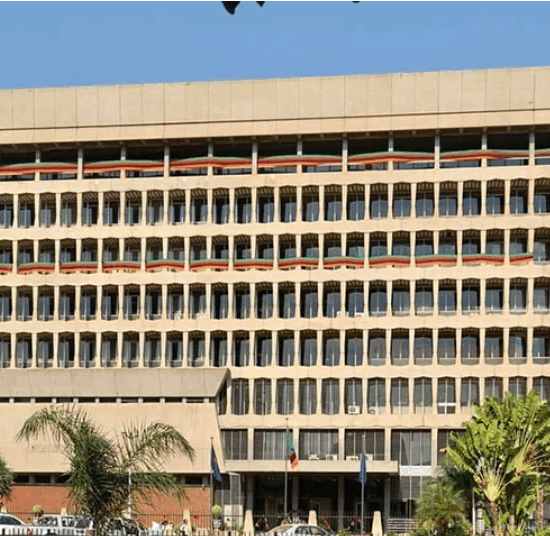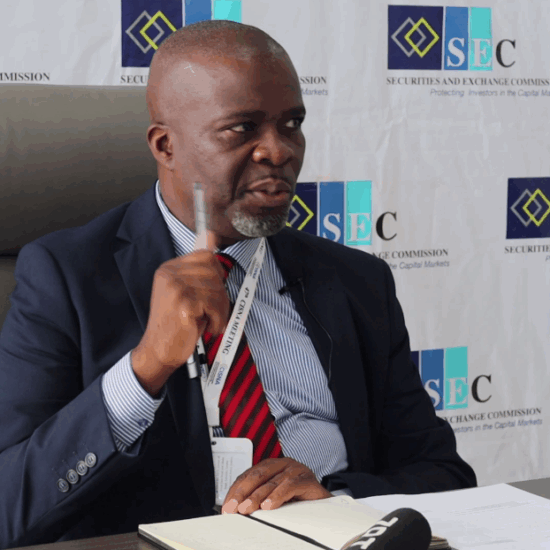
Only a few micro finance institutions have succeeded in accessing funds from the Bank of Zambia (BoZ) K10 billion-stimulus package. Of the K4.1 billion disbursed, only K1.9billion have been accessed by micro lenders
This failure by micro lenders to access the stimulus package has been largely attributed to some of the conditions set by technocrats at BOZ which have seen micro lenders shun pursuing the fund despite the fact that local companies and SMEs who are their key customers are facing liquidity constraints.
Micro lenders in Zambia are the key financiers of local businesses and SMEs as the commercial banking sector has more share of the large corporates and multinational companies. The failure to access the stimulus package in effect means limited flow of the stimulus package to local businesses and the informal sector whose main
Association of Microfinance Institutions in Zambia (AMIZ) executive director Webster Mate in an exclusive interview with Zambian Business Times – ZBT, stated that only about four micro lenders or institutions had so far accessed the fund and applications for about two micro finance institutions are currently being processed.
The Zambian Government las year through the central bank – BoZ announced a K10 billion targeted medium term refinancing facility aimed at cushioning the adverse effects of Covid-19 on enterprises and individuals, with the funds expected to be disbursed for onward lending through commercial banks and non-bank financial institutions.
Mate told ZBT that the reason why only a few of their members had accessed the funds was because some have some internal processes and requirement that need attention to satisfy [the BOZ requirements] while some institutions did not see the immediate need to apply for the funds.
“Applying for such funds is a decision which is made at individual institution level internally. The other pertains to the requirements by the central bank – BOZ that the board of directors of that particular company/institution must approve the application first, that is when they start doing due diligence which if satisfied, BoZ then notifies the applicant of the decision,” he said.
Mate explained that during due diligence, if BoZ discovers that the particular institution has a running loan with another institution, the institution is asked to provide proof that the other creditor is aware of the institution’s intention to borrow from BoZ and has no objections to it. He said some of their members have failed to access the funds because they have running loans with other institutions.
“This has to some extent been another reason as to why only a few institutions have accessed the funds from the central bank. I am aware of one institution where such has happened but also the other major factor is that not all institutions felt like they could apply for the facility because they did not see the immediate need for it,” he added.
Mate said the stimulus package has helped institutions that accessed the funds to have [adequate] capital, which is important for any business. A few micro financial institutions are among the 18 applications that were received from non banking institutions amounting to K1.9 billion that has been disbursed.
He further revealed that lending activities for micro finance institutions have reduced due to the economic downturn resulting from the adverse effects of the Covid-19 pandemic. Mate said demand for some of the services has not been as it should be because economic activity has been slow.
“We [micro Finance institutions] are still not doing well economically, which means that demand for some of the services is not as it should be when economic activity is slow. So naturally, the businesses will begin to experience a slowdown in turnover, this affects profitability, and if this happens, you slowdown in terms of what your ambitions are for the future.
“We are optimistic that things will change, now that there are vaccines, there is hope that we can get Covid -19 under control and go back to the way things used to be with heightened attention to personal health. Things are looking positive and we hope this continues to the next quarter and beyond,” he said.
See also an earlier article on how micro finance have struggled to access the K10billion stimulus fund Micro finance struggle in 2020







